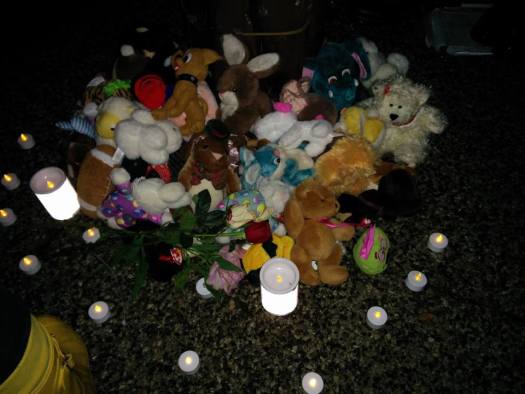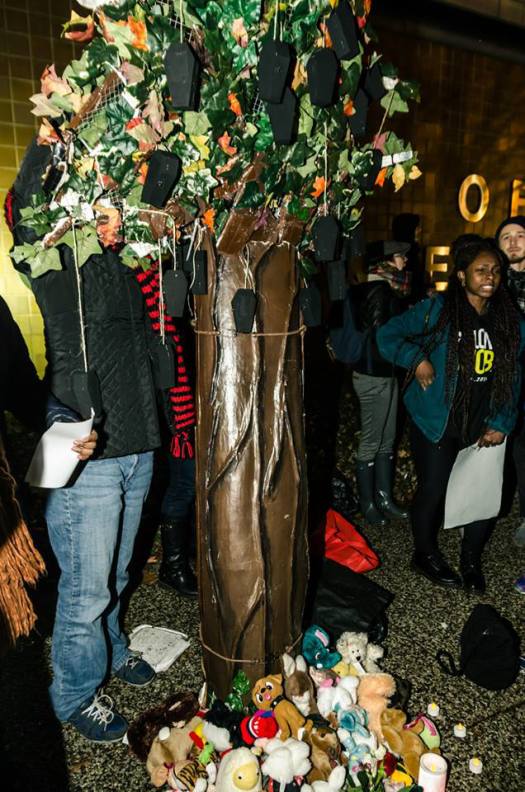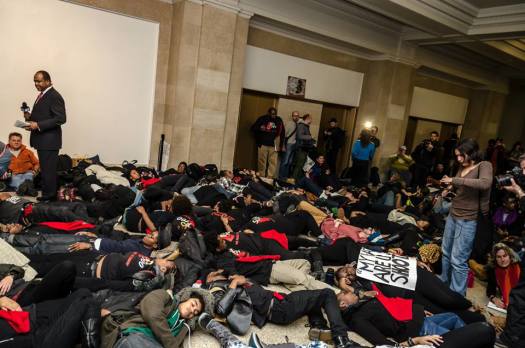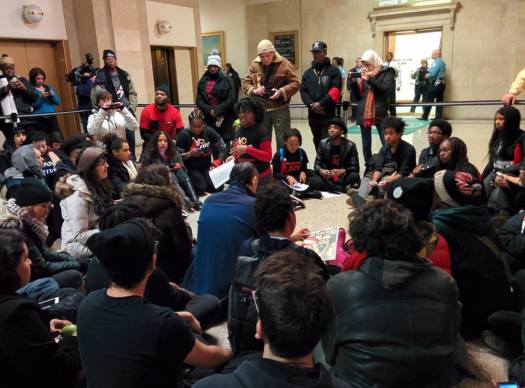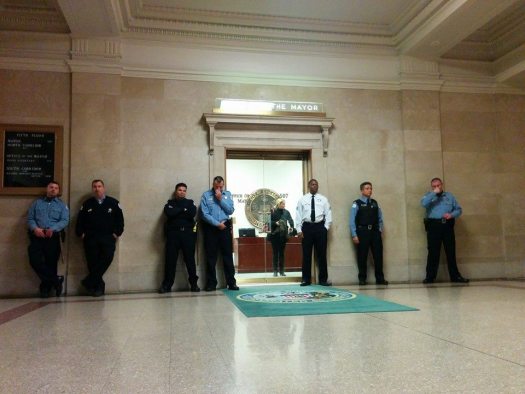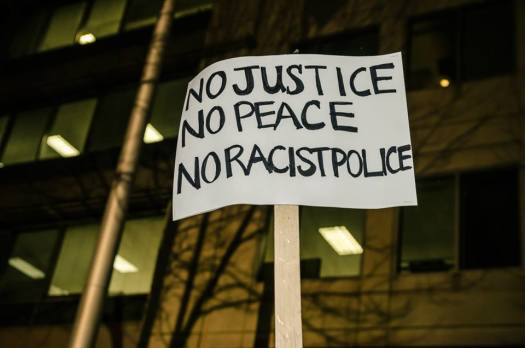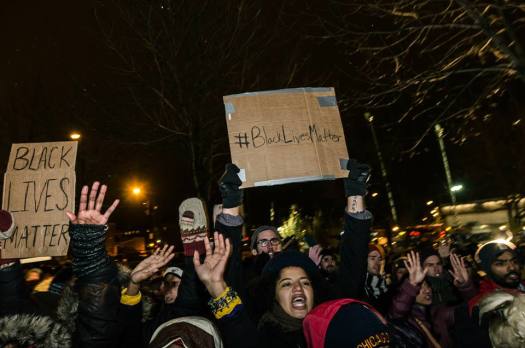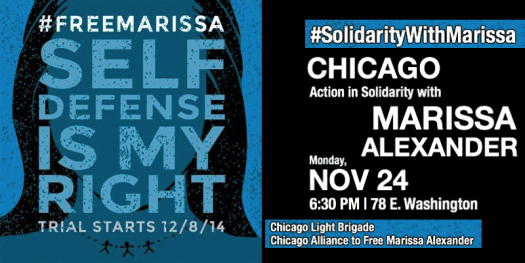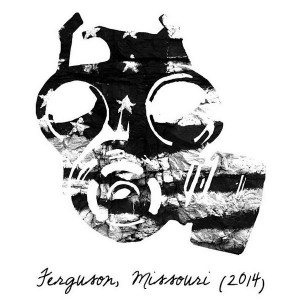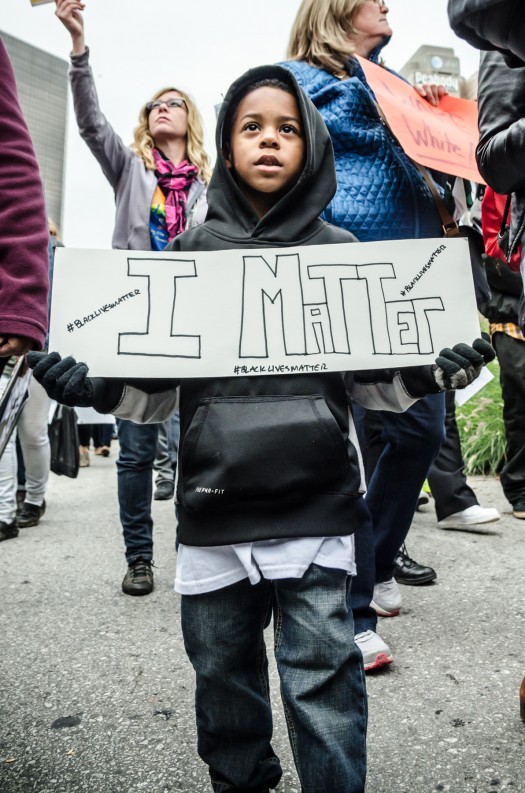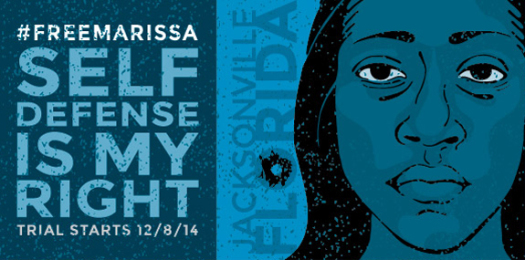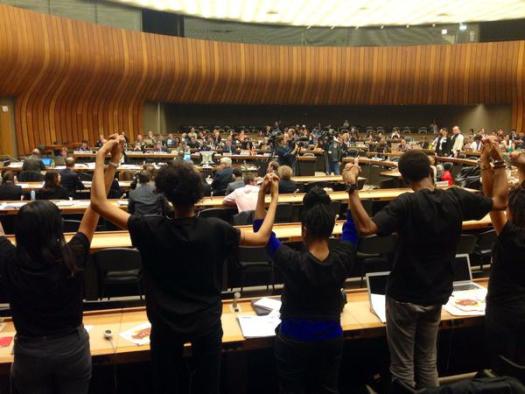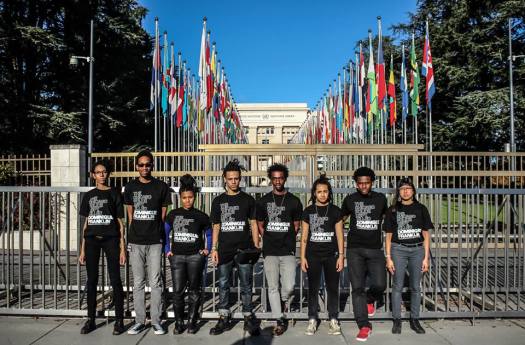In her new book, Locked Down, Locked Out: Why Prison Doesn’t Work and How We Can Do Better, Maya Schenwar writes heartwrenchingly and unsparingly about the ravages wrought on human beings by the prison industrial complex. She tells a personal story of how her sister Kayla’s repeated encounters and contacts with the criminal punishment system have impacted her and her family’s lives.
 What I appreciated most about the book is the consistent emphasis on the need for connection between people. Locked Down understands that relationships matter greatly. Connection and relationships are the very things that prisons excel at destroying.
What I appreciated most about the book is the consistent emphasis on the need for connection between people. Locked Down understands that relationships matter greatly. Connection and relationships are the very things that prisons excel at destroying.
Maya correctly identifies that the logic of the PIC “is all about subtraction.” She writes:
“Prison’s role in society, the logic goes, is to toss away the bad eggs so they can’t poison us—so we don’t even have to see them. With those eggs cleared, we seamlessly close up the gaps and carry on, clean and whole.
The surprise pops up when the broken seams are revealed—the way that incarceration rips open new holes in the social fabric of families and communities outside, severing intricate networks strung together in ways that are observable only upon their breaking. Instead of eggs, we are tossing away people’s mothers, fathers, daughters, sons, brothers, sisters, partners, friends.”
Locked Down is unrelenting in reminding us that the people who are funneled into the PIC are HUMAN and not widgets. Even when they no longer have ties with loved ones, prisoners are human beings deserving of our care. From the opening of the book, we are thrust in the middle of Kayla’s pain and her struggle with addiction. Maya is unflinchingly honest about her exasperation with her sister’s repeated arrests and her prison terms. In fact, Maya and her family decide against bailing Kayla out of prison in her latest brush with the law because they believe that jail “may be the only place that can save Kayla’s life, staving off her burning dependency on heroin.” Maya and her family are at their wits end. She writes honestly about the tension between her desire to save her sister’s life and her anti-PIC politics: “How could I reconcile my wholehearted opposition to the prison-industrial complex with a desire to see my own sister locked up?”
The entire book, however, is a rebuke to the idea that prison can “save” anyone’s life. Maya quotes Angela Davis: “Prisons do not disappear problems, they disappear human beings.” The first half of Locked Down tells of Maya and her family’s refusal to allow Kayla to be disappeared by the PIC.
The book also debunks myths about conjugal visits in prison, lays bare the ways that businesses gouge and exploit the family of prisoners through charging exorbitant rates for phone calls, highlights the importance of letters for and to prisoners, describes the deplorable treatment of pregnant and parenting mothers, underscores that “re-entry” for most prisoners is exceedingly difficult because of the barriers they face and more.
Locked Down would be worthwhile if it simply focused on these issues. But what sets it apart from other books about the mass incarceration epidemic is its focus on how people in communities across the country are working to address the problem(s). Maya features individuals, programs and organizations that are either doing reformist or abolitionist work. For example, she describes the efforts of Umoja Student Development Corporation in North Lawndale as it tries to interrupt the school to prison pipeline on a local level through the use of peace rooms and restorative justice. She shares the work of organizations like Black & Pink that run successful pen pal programs. She underscores efforts to decarcerate state prison populations and to create transformative justice models in local communities across the country. These are concrete examples and they are welcome.
Full disclosure: I was interviewed by Maya for the book and we are friends who organize together with the Chicago Alliance to Free Marissa Alexander. However, I would have the same thoughts about Locked Down if these weren’t true. I would recommend the book if I had no connections to it or its author.
In important ways, Locked Down gives voice to those who are left behind after their loved one is caged. I remember an email that I received from a prisoner’s wife a few years ago. Tina (not her real name) wrote in her note to me: “I am the other side of ‘Prison Culture’. I am the one left behind.” She wrote of love; the abiding love that she feels for her incarcerated husband. She wrote about loneliness. Loneliness that she says is worse than the kind she felt when her mother passed away a couple of years earlier. “Knowing that my mother is no longer on earth actually means that she is beyond reach to me, my husband is not dead, he is still on this earth, but beyond reach to me.” She wrote that no one in her circle truly understands what she is going through and that they are not sympathetic to her situation. She felt isolated. She was tired. She was stressed. Money troubles threatened to derail her already fragile family. Locked Down gives voice (in part) to the struggles of women like Tina and if only for that reason, it is a necessary book and an important contribution to the literature on how mass incarceration has destroyed our communities.
Throughout the book, Maya asks herself questions that are ones with which we as readers must grapple too. They are questions about whether restorative/transformative justice can encompass those who have committed terrible harm. They are questions about whether a prisoner can ever really be “free.”
I’ll end with a quote by anti-prison activist Barbara Fair because I think that Locked Down ultimately insists that we need radical interventions to end the prison industrial complex. Fair is quoted in the book as saying: “I have worked so hard at reform, and saw so little change, that I have come to the conclusion that revolution might be the only response to what is occurring in America relative to criminal justice and the prison industry it feeds.” I think that Fair gets it right and so does Locked Down. You should read the book.
If you live in Chicago, the book launch is this Sunday November 16. Details are here. In addition, all proceeds from this first week of book sales will be generously donated to Marissa Alexander’s legal defense fund.
